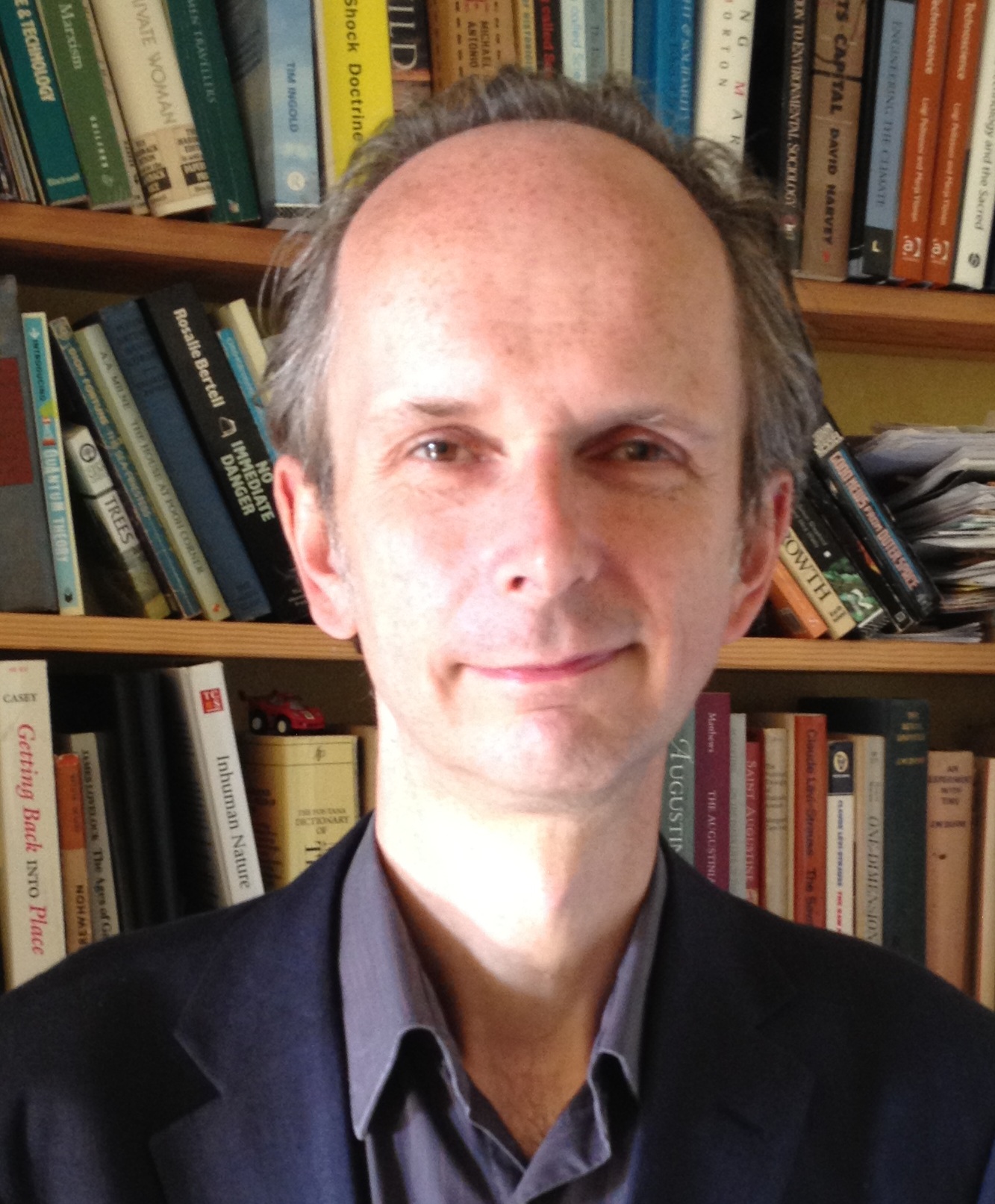The Anthropocene monument
Workshop with Dr Bronislaw Szerszynski (Reader in Sociology, Lancaster University)
27.04.2016 16:00 – 18:00
The Anthropocene monument: relating Earth memory and human memory

Dr Bronislaw Szerszynski's research draws on the social and natural sciences, arts and humanities in order to situate the changing relationship between humans, environment and technology in the longer perspective of human and planetary history. His recent work, including both academic publications and multi-media performance pieces, explores themes such as geoengineering, planetary evolution and the Anthropocene.
On Wednesday 27 April he will hold a workshop at the RCC from 16:00 till 18:00.
This is an abstract of what he will be focusing on:
In the Parthenon frieze, completed around 440 BCE, the people of Athens are shown performing the annual Panathenaic procession, at the head of which are seated the twelve Olympian Gods. Two times that had been seen as utterly separate seem to have come together: the time of humans and the time of gods. Dipesh Chakrabarty (2009) has argued that the advent of the Anthropocene means that the time of the earth and the time of history are coming together. Is this a comparable fusion of distinct temporal registers? Are humans entering the monumental time of the Earth, to stand alongside the Olympian gods of the other geological forces? In this paper I will explore this question, first by looking at the complex set of cultural shifts which leads to the modern idea of separate human and Earth histories, histories which are now being brought together. I then look at the changing role in Western history of monuments – intentional and unintentional, human-made and natural – as physical edifices which mediate between human and other temporalities. I explore the semiotic grammar involved in the use of certain rock faces or 'stratigraphic sections' as natural monuments to mark transitions in the major time units of Earth history, and that of the intentional monuments and plaques that are sometimes erected nearby. I draw on a collaborative project with artists, scientists and scholars held in Toulouse in 2014 which debated the idea and form of a monument to the Anthropocene, exploring the 'cosmopolitical' challenge posed to conventional monumental aesthetics and modes of address by the notion of a geological epoch that humans are in the midst of bringing about.
If you are planning on attending, we will be sending out reading materials prior to the event. Those interested in receiving texts, please get in touch with ursula.muenster@rcc.lmu.de
Bron will also be talking in Dr Ursula Münsters Introduction into Environmental Studies course from 10:00 till 12:00. Both events will take place in the 4th floor conference room.

